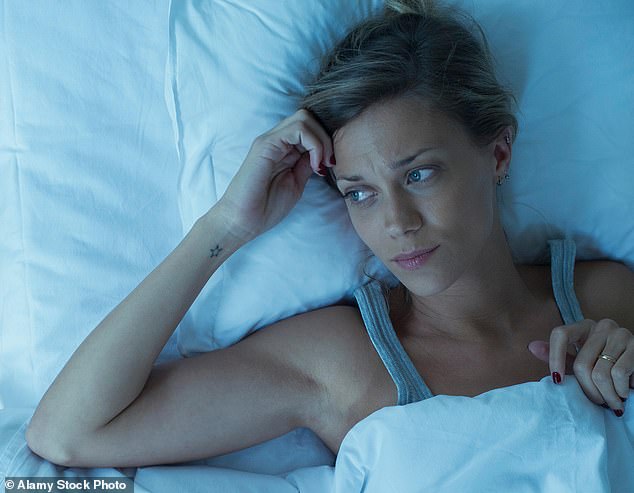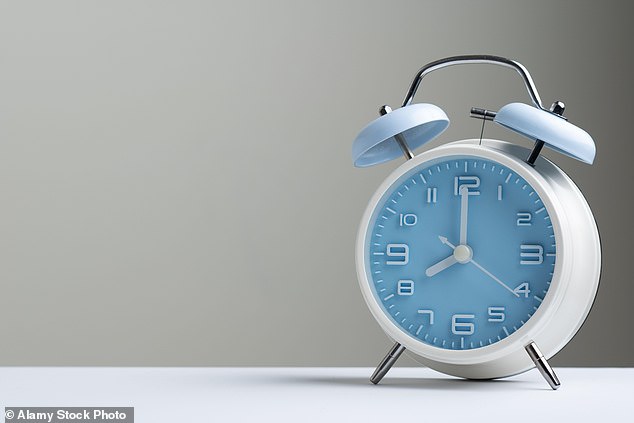They’re words of comfort offered to make a grim situation appear less bleak.
But it turns out things do ‘seem better in the morning’, British scientists have gleaned.
People generally wake up feeling in the best frame of mind in the morning and the worst around midnight, according to a large study by the University College London.
The day of the week and seasons also have an impact on the nation’s happiness levels, with Tuesdays and summer among our most upbeat times.
Experts analysed data from 49,218 adults in the UCL Covid-19 Social Study, which followed people for two years from March 2020 to March 2022.
The findings showed that people generally woke up ‘feeling best’ but, by midnight, they were ‘feeling worst.’
‘Generally, things do seem better in the morning,’ they wrote.
They also noted that people tended to have more varied mental health during weekends while things were steadier during the week.


Researchers looked at variations in mental health such as depressive and anxiety symptoms, happiness, life satisfaction, the sense of life being worthwhile, and loneliness.
Participants answered questionnaires, including questions such as: ‘In the past week, how happy did you feel?’, ‘How satisfied have you been with your life?’, and ‘To what extent have you felt the things you are doing in your life are worthwhile?’
Factors such as age, health conditions and whether people worked were all considered.
Nearly a million survey responses from 49,000 participants obtained over two years were analysed.
The results showed that happiness, life satisfaction, and worthwhile ratings were all higher on Mondays and Fridays than on Sundays, and happiness was also higher on Tuesdays.
But there was no evidence that loneliness differed across days of the week, according to the findings published in the BMJ Mental Health.
Changes in mental health and wellbeing across the day might be explained by physiological changes associated with the body clock, they said.
For example, cortisol – a hormone that regulates mood, motivation and fear – peaks shortly after waking and reaches its lowest levels around bedtime.

However, they said the differences noted between weekdays and weekends may be driven by things such as the sequence of daily activities, which are likely to be different between weekends and weekdays.
Dr Feifei Bu, from UCL’s department of behavioural science and health, said: ‘Our findings suggest that on average, people’s mental health and wellbeing are better in the morning and worst at midnight.
She added: ‘Mental health support services might consider adjusting resources to match fluctuating needs across the day – for instance, prioritising late-night availability.’
